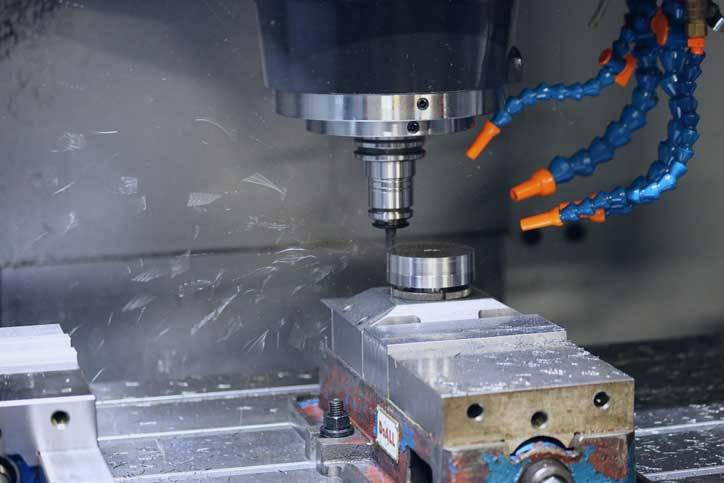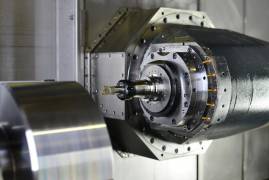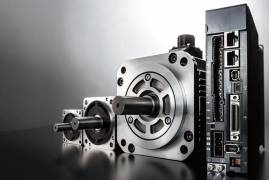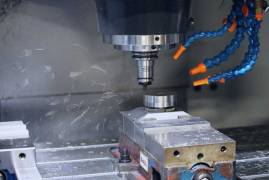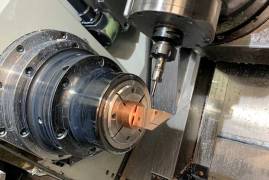In the dynamic world of manufacturing, precision, efficiency, and speed are more than just goals—they are imperatives. Enter CNC (Computer Numerical Control) machines, the game-changers that have revolutionized the manufacturing sector. These powerful tools offer unprecedented control and accuracy, turning raw materials into finished products with robotic precision.
What Are CNC Machines?
CNC Machines are electromechanical devices that manipulate machine shop tools using computer programming inputs. Did you know that the first CNC machine was developed in the 1940s and 1950s? It was based on the existing numerical controlled technologies of the time but enhanced with the then-novel digital computing. Today, CNC technology has evolved tremendously, influencing nearly every facet of manufacturing.
How Do CNC Machines Work?
At its core, CNC Machines in Ahmedabad operates on the principles of digital instructions. From milling machines and lathes to routers and grinders, these machines use a coded programmed instruction set to drive a machine tool. A basic CNC machine performs its tasks with a combination of three primary functions: input, process, and output.
The input involves a detailed set of instructions in a symbolic language, including G-code and M-code, telling the machine’s tooling what to do and how to do it. The CNC machine’s internal computing system processes these instructions to execute the precise cutting, milling, or shaping required. The outcome is a perfectly machined part that meets exact specifications with minimal variance.
Benefits of CNC Machines
Precision and Consistency: Once a part design is programmed, CNC machines can produce the part with exact precision and replicate it consistently without errors.
- Flexibility: Programming CNC machines is flexible and straightforward. Changing the software used to design parts involves minimal setup compared to manual tooling adjustments.
- Reduced Waste: CNC machining is precise, significantly reducing material waste during the production process. This efficiency is not only good for the bottom line but also for the environment.
- Safety: Enhanced safety is another significant benefit. CNC machines operate behind a guard or a closed, transparent safety door, reducing the risk of on-the-job injuries.
- Speed: Compared to manual manufacturing, CNC machines can produce parts at an incredible speed, enhancing production capacity and throughput.
Applications of CNC Machines
The versatility of CNC machines means they are crucial across various industries. In automotive, they are used for everything from engine components to exhaust parts. In aerospace, CNC machining facilitates the production of intricate and lightweight aircraft components. Even in the arts, CNC routers enable intricate woodcarving and sculpting.
The Future of CNC Machining
The future of CNC Machines is likely to be defined by further integration of AI and advanced analytics, pushing the boundaries of what's possible in manufacturing. As these technologies continue to develop, CNC machines will get even smarter, more efficient, and capable of handling increasingly complex tasks.
In conclusion, CNC Machines Manufacturers in Ahmedabad, like Machinery Clinic represent a cornerstone of modern manufacturing. With continuous advancements and applications, they are not just shaping materials—they are shaping the future of industries around the globe. Whether you are involved in manufacturing or simply interested in technological innovation, the world of CNC machining offers a fascinating glimpse into the future of making things.

